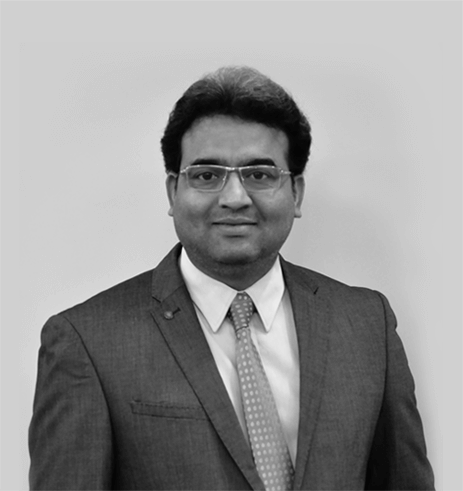The temporomandibular joint (TMJ) is a small joint located in front of the ear where the skull and lower jaw meet. It permits the lower jaw (mandible) to move and function.
TMJ disorders are not uncommon and have a variety of symptoms. Patients may complain of earaches, headaches and limited ability to open their mouth. They may also complain of clicking or grating sounds in the joint and feel pain when opening and closing their mouth. What must be determined, of course, is the cause.
Determining the cause of a TMJ problem is important, because it is the cause that guides the treatment.
Arthritis is one cause of TMJ symptoms. It can result from an injury or from grinding the teeth at night. Another common cause involves displacement or dislocation of the disk that is located between the jawbone and the socket. A displaced disk may produce clicking or popping sounds, limit jaw movement and cause pain when opening and closing the mouth.
The disk can also develop a hole or perforation, which can produce a grating sound with joint movement. There are also conditions such as trauma or rheumatoid arthritis that can cause the parts of the TMJ to fuse, preventing jaw movement altogether.
Your dentist, orthodontist and Oral and Maxillofacial Surgeon will work together to determine whether you are a candidate for corrective jaw, or orthognathic, surgery. The Oral and Maxillofacial Surgeon determines which corrective jaw surgical procedure is appropriate and performs the actual surgery. It is important to understand that your treatment, which will probably include orthodontics before and after surgery, may take several years to complete. Your Oral and Maxillofacial Surgeon and orthodontist understand that this is a long-term commitment for you and your family.They will try to realistically estimate the time required for your treatment.
Corrective jaw surgery may reposition all or part of the upper jaw, lower jaw and chin. When you are fully informed about your case and your treatment options, you and your dental team will determine the course of treatment that is best for you.
When symptoms of TMJ trouble appear, an oral and maxillofacial surgeon should be consulted. A specialist in the areas of the mouth, teeth and jaws, the oral and maxillofacial surgeon is in a good position to correctly diagnose the problem.
Special imaging studies of the joints may be ordered and appropriate referral to other dental or medical specialists or a physical therapist may be made.
TMJ treatment may range from conservative dental and medical care to complex surgery. Depending on the diagnosis, treatment may include short-term non-steroidal anti-inflammatory drugs for pain and muscle relaxation, bite plate or splint therapy, and even stress management counseling.
Generally, if non-surgical treatment is unsuccessful or if there is clear joint damage, surgery may be indicated. Surgery can involve either arthroscopy (the method identical to the orthopaedic procedures used to inspect and treat larger joints such as the knee) or repair of damaged tissue by a direct surgical approach.
Once TMJ disorders are correctly diagnosed, appropriate treatment can be provided.

Dr. Kamlesh Kothari is one of India's topmost Oral, Maxillofacial surgeon and Dental Implantologist...
LEARN MORE